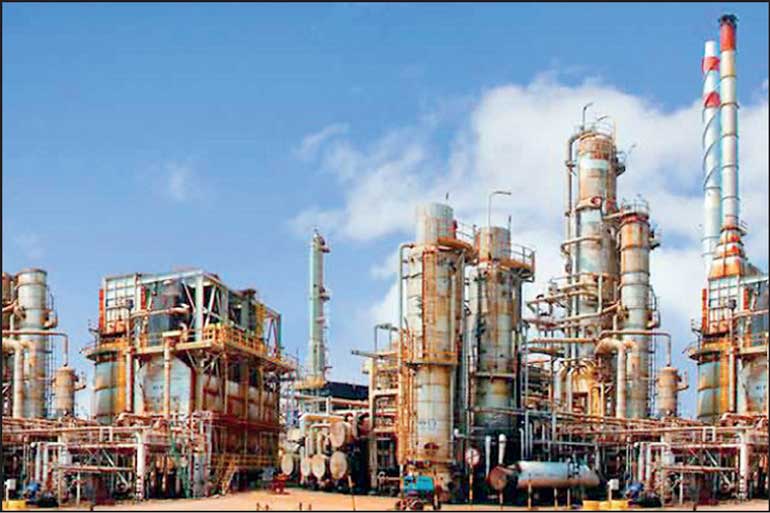Govt. seeks investors for Sapugaskanda refinery modernisation
Wednesday, 12 February 2025 00:00 – – 16

- Invites EoIs in renewed push to upgrade country’s aging energy infrastructure
- Cabinet Spokesman and Minister Dr. NalindaJayatissa says latest plan includes developing a 100,000 barrel per day refinery under BOT model
- Notes CPC’s previous upgrade attempts saw little progress despite multiple efforts
- Asserts new refinery would need an investment of $ 2.7 b
- States past proposals for new Trincomalee refinery and separate public enterprise for Sapugaskanda saw no action
The Government has approved a proposal to modernise the Sapugaskanda oil refinery and invite Expressions of Interest (EoIs) from potential investors, in a renewed push to upgrade the country’s aging energy infrastructure.
Cabinet Spokesman and Minister Dr. NalindaJayatissa confirmed that despite multiple previous efforts by the Ceylon Petroleum Corporation (CPC) to upgrade the refinery, little tangible progress has been made.
Addressing the weekly post-Cabinet meeting, he said a 2022 feasibility study had already recommended finding a strategic investment partner and the CPC Board has now formally approved moving forward with the EoI process.
The latest plan includes developing a 100,000 barrel per day refinery at the same site, using Build-Operate-Transfer (BOT) model. He was of the view that BOT structure allows private investors to develop operate and eventually transfer ownership of the facility back to the Government.
“A new refinery is estimated to cost $ 2.7 billion,” Dr. Jayatissa said.
He said successive Governments had previously granted Cabinet approval to establish the Sapugaskanda refinery as a separate public enterprise and to explore the feasibility of a new refinery in Trincomalee, but no substantial action had been taken until now.
With Sri Lanka heavily reliant on imported refined petroleum, an upgraded refinery would help reduce the country’s import bill, strengthen domestic refining capacity, and bolster economic resilience. However, attracting serious investors in a volatile global energy market remains a challenge.





